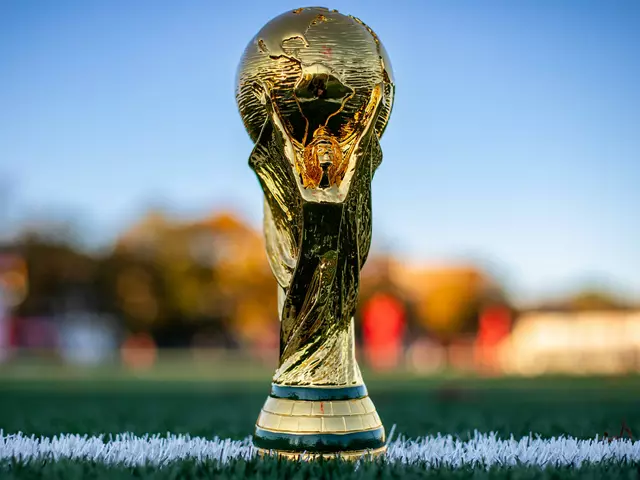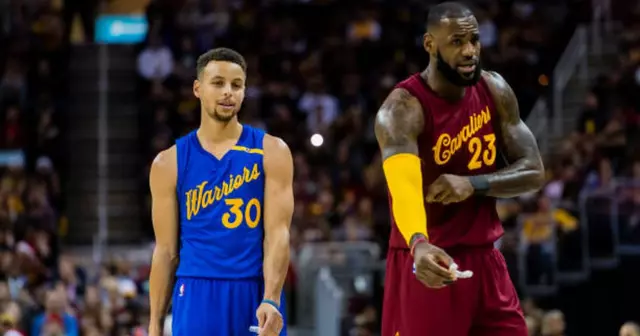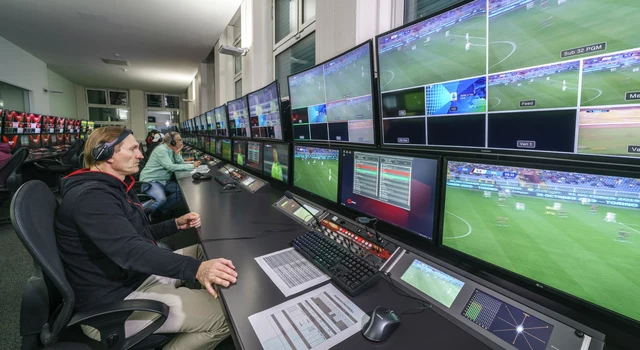July 2023 Sports Archive – Key Posts and Takeaways
July was a busy month for sports fans on our site. We covered everything from massive tournament showdowns to the science behind an athlete’s good day. Below is a quick rundown of the four articles that sparked the most conversation.
Big Debates and Questions
The first post asked a classic question: FIFA World Cup or Olympic Games? We broke down why the two events can’t be compared directly. The World Cup brings drama in every 90‑minute match, while the Olympics spreads excitement across dozens of sports over two weeks. Readers liked the side‑by‑side look at penalty shootouts versus gymnastics finals, and many shared their own favorite moments.
Next up was a deeper dive into why certain sports are hard to “fix” or predict a winner. Boxing, cycling, and football were highlighted as prime examples. In boxing, a single punch can change everything. Cycling relies on team tactics, weather, and road conditions. Football mixes strategy, injuries, and sheer luck. The article stressed that this unpredictability is what keeps fans glued to the screen.
We also tackled a niche but intriguing topic: why former NFL star Neil Smith isn’t in the Hall of Fame. Despite six Pro Bowls and two Super Bowl rings, Smith’s stats sit in a crowded field of great players. The piece explained how Hall of Fame voters weigh career longevity, peak performance, and overall impact, suggesting that Smith’s omission is more about competition than a lack of merit.
Science and Stories
The third article shifted gears to a scientific perspective on performance swings. We asked: what makes an athlete have a “good day” or a “bad day”? The answer boiled down to three factors – physical health, mental state, and external conditions. A well‑rested body, a focused mind, and favorable weather or equipment can boost performance, while the opposite drags it down. Real‑world examples, like a cyclist battling wind or a basketball player coping with travel fatigue, helped illustrate the point.
Finally, we wrapped July with a look at how athletes can use this knowledge. Simple habits like consistent sleep, mental rehearsals, and checking gear before a race can turn a potential bad day into a decent one. Readers appreciated the practical tips and shared their own routines, creating a community dialogue around performance optimization.
Overall, July’s archive gave fans a mix of hot debates, behind‑the‑scenes analysis, and actionable science. Whether you’re into the drama of World Cups, the mystery of Hall of Fame selections, or the nitty‑gritty of daily performance, there’s something here to spark curiosity. Stay tuned for more insights as we keep covering the ever‑exciting world of sports.
Don’t miss next month’s deep dives – we’ll be exploring emerging BMX trends, new training tech, and insider interviews with top riders. Keep checking back for fresh content that blends passion with practical advice.
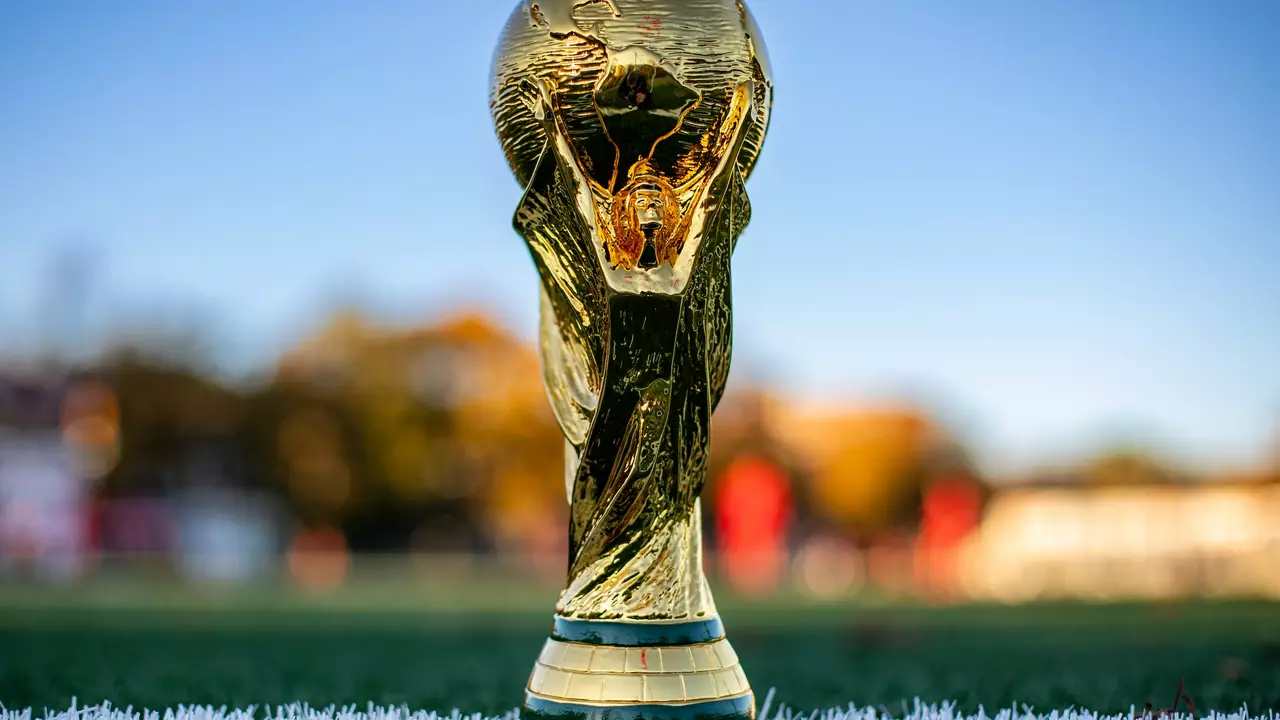
FIFA World Cup or Olympic Games?
- Date: 30 Jul 2023
- Categories:
- Author: Declan Rutherford
Hey there, sports fans! It's the age-old question, isn't it? FIFA World Cup or Olympic Games, which one takes the cake? Well, let me tell you, it's like comparing apples and oranges, or perhaps, a free-kick to a relay race! Each event has its own unique charm, from the nail-biting penalty shootouts in the World Cup to the breathtaking gymnastics routines in the Olympics. I guess the real winner here is us, the fans, getting to enjoy all these fantastic global sports spectacles!

Which sports are the most difficult to fix a winner?
- Date: 26 Jul 2023
- Categories:
- Author: Declan Rutherford
In my exploration of sports, it's clear that determining a winner in sports like boxing, cycling, and football can be very challenging due to their unpredictable nature. Boxing often hinges on a single punch, cycling relies heavily on team tactics and environmental factors, and football is dependent on an array of variables, from team strategy to individual performance. This makes it tough to predict or 'fix' a winner with any certainty. The complexity and unpredictability inherent in these sports add to their appeal and keep us on the edge of our seats. So, while it's hard to forecast a victor, it's this very unpredictability that makes these sports so thrilling to watch.

How to scientifically explain good days and bad days in sports?
- Date: 23 Jul 2023
- Categories:
- Author: Declan Rutherford
In my latest blog post, I delve into the scientific explanation behind having good and bad days in sports. I explore how factors like physical health, mental state, and external conditions can significantly impact an athlete's performance. Our bodies and minds are intricate systems that don't always function at 100%, which can explain fluctuations in performance. Additionally, elements such as weather, equipment, or even an opponent's strategy can influence the outcome of a game. Understanding these aspects can help athletes better prepare and possibly turn a potentially bad day into a good one.
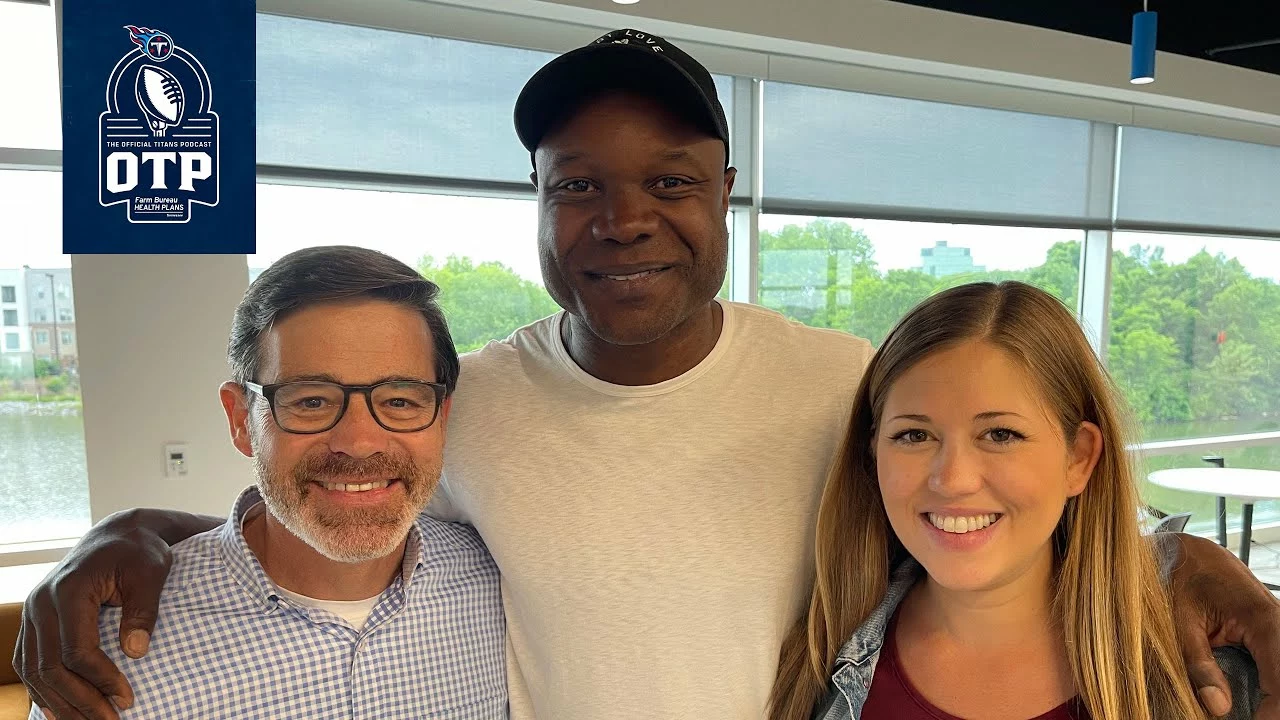
Why is Neil Smith not in the NFL Hall of Fame?
- Date: 19 Jul 2023
- Categories:
- Author: Declan Rutherford
It's quite surprising that Neil Smith, despite his impressive career, is not in the NFL Hall of Fame. He's a six-time Pro Bowler and two-time Super Bowl champion, which are achievements that typically merit consideration. The main reason could be the stiff competition for spots in the Hall of Fame, where many talented individuals vie for limited places. Some people argue that his stats, while solid, might not stand out enough amongst his peers. Regardless, it's undeniable that Smith has left a significant mark on the game and his absence in the Hall of Fame is a curious matter.
